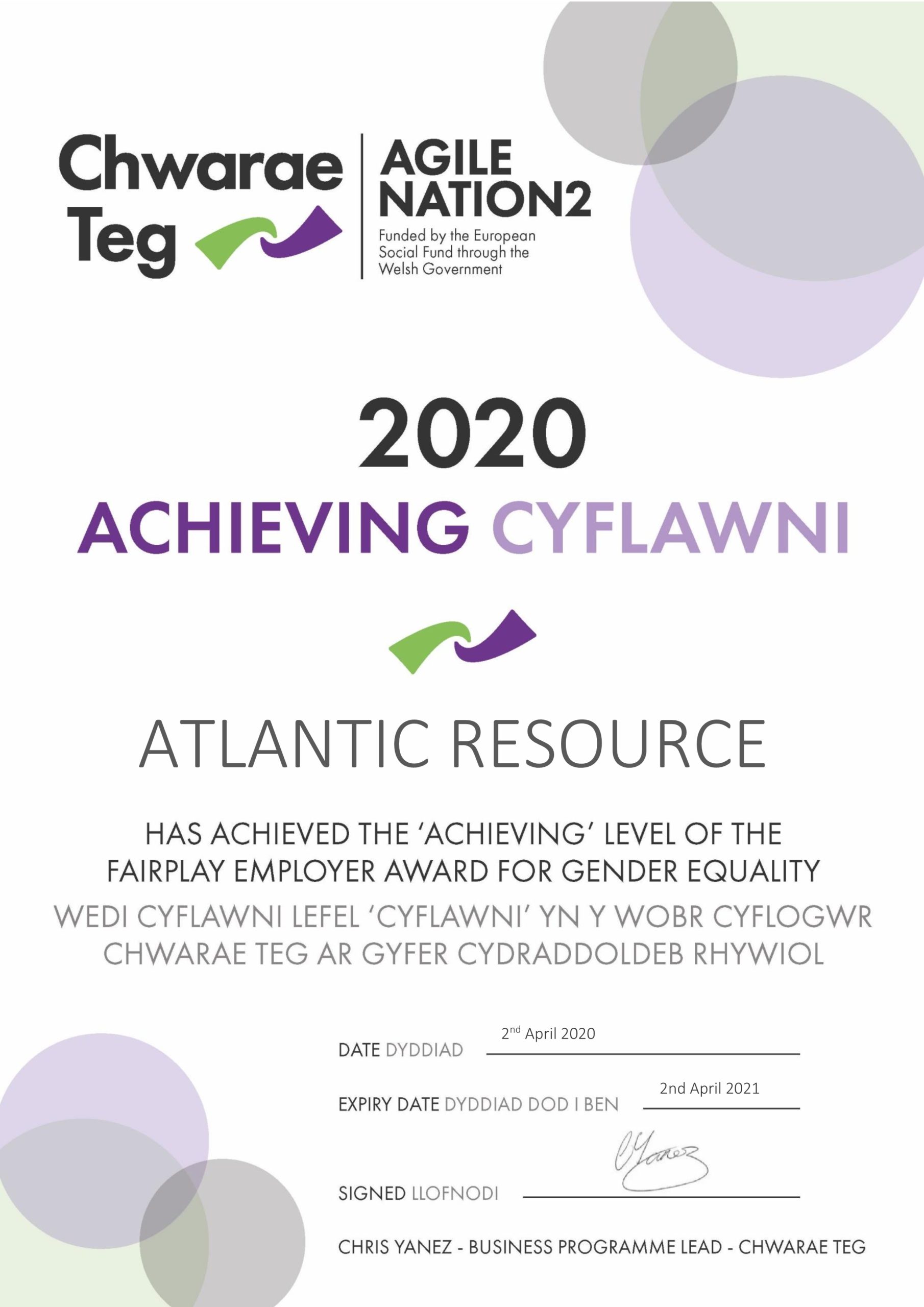CVs are here for a while yet. Yes we now have LinkedIn and websites and all kinds of online platforms to show off our professional wares. But those sheets of A4 paper designed to showcase you and all your skills, they are still not going away anytime soon.
Right now, is your CV the best it can possibly be? Recruiters pick up on common CV mistakes which have always been made, and probably always will be made. These can be obvious ones which most people can see. There are other CV mistakes too, which might be considered as daring or risky gambles taken by candidates.
Although they are none of the above. They are mistakes.
In this blog post we’ll run you through six of the most regular CV mistakes, so you can try to avoid making any.
1. Basic CV mistakes – careful proofing and time management
These include spelling and grammatical errors, as well as an inappropriate turn of phrase or glaring gaps. It’s not rare to see space where a candidate clearly intended to enter details, but somehow overlooked it.
After drafting a CV, get someone you trust to closely proofread it and check it doesn’t contain any such errors. If there really is nobody you feel confident sharing it with, after you complete a first draft, leave the CV alone for a while. Go away and do something else for half hour, a few hours, perhaps a day. The main thing is to closely look at it again with fresh eyes, scouring the page for anything that might be amiss.
This needs you to be well organised and not in a rush. If you’re panicking to get a CV over to someone as soon as possible, then you are most at risk of making silly mistakes. Breathe. Take a step back. If you need to, see if you can buy yourself an extra day or a few extra hours. If it means you do a better job with your CV and your application, it can make all the difference and a recruiter should appreciate that.
2. Lack of attention to detail – shaping your CV to suit specific roles
Closely linked with the above point, this again involves being too breezy and casual in firing out CVs. Think about what the job is, and if you really really want it. If you do, you should be thinking about how to shape your CV to fit the role.
How can your skills and experiences benefit your prospective new employer? What value can you as an individual add to the organisation, or the specific team where you could be working? Why will you fit so well as a person and as a professional?
The idea here is not to be arrogant or boastful about your achievements. You need to have a hard think about your most relevant nuggets of experience for this particular role. That day when you aced a difficult customer service issue and transformed an angry customer into a happy customer, how does that relate?
And if it doesn’t really relate, don’t use it. Be confident that you CAN think of something better, even if it means digging a little deeper.
Ordering a CV – bring your best to the top
Recruiters and HR people look at a lot of CVs in a day. It’s a key part of what they do. This means your CV doesn’t have very long to make an impression. It’s said that an average amount of time can be as little as six seconds per CV.
Make your key information as bold and clear as possible, right from the top. The bold part about relevant achievements shouldn’t be missable on a first skim. It should be high up the page and it should stand out.

[Read the Atlantic Resource blog – 8 Tips For Creating Professional Social Media Profiles]
4. Ego – less is more
One way candidates try to stand out is by using imaginative descriptions of themself. Often written by candidates who believe The Apprentice television show resembles real business life, these include instances where candidates refer to themselves in the third person. “Sebastian is a deeply passionate human who lives and breathes the wonder of numbers.”
This doesn’t usually work. Concentrate on making any summary sentences about you down to earth, human and approachable. Try not to be swayed by a type of business language because you think it’s common and expected. It can be hard not to think in business clichés sometimes, but words such as ‘motivated’ and ‘passionate’ and ‘thinking outside the box’: they are all overused and lacking in impact. Think of it as a relaxed but professional conversation.
5. Keep it brief – brevity is king
Because recruiters read lots of CVs, they want clear, punchy and personable. They do not want an under-edited, dense body of text which looks like a challenge to read. It won’t be read. Recruiters only need basic facts, which should be towards the top. Let bullet-points be your friend.
And this goes for everyone, however experienced you are.

[Read the Atlantic Resource blog – 6 Reasons Why Exam Results Aren’t Everything]
6. Lying (or being ‘creative’ with the truth) – never good
Making stuff up is dangerous, especially in a CV or job application process. You might not get found out immediately. You might even get the job. But at some point, somewhere down the tracks, it might well end up biting you somewhere unpleasant, with severe consequences. It also doesn’t make you the best friend of recruiters.
Common embellishments include tweaking your job title, exaggerating the length of time you spent in a position, falsely claiming to have certain qualifications and taking credit for the work of others. Don’t be tempted into any of these.
Of course there are a great many other CV tips. Whole libraries of books and multiple internets of blog posts have been written on the subject by many a careers guru. Those included here are a few of the basics. Good luck with your applications.
If you’re seeking work or workers in construction, catering, office admin or care; or if you need a chat about your experience, please get in touch with Atlantic Resource.








